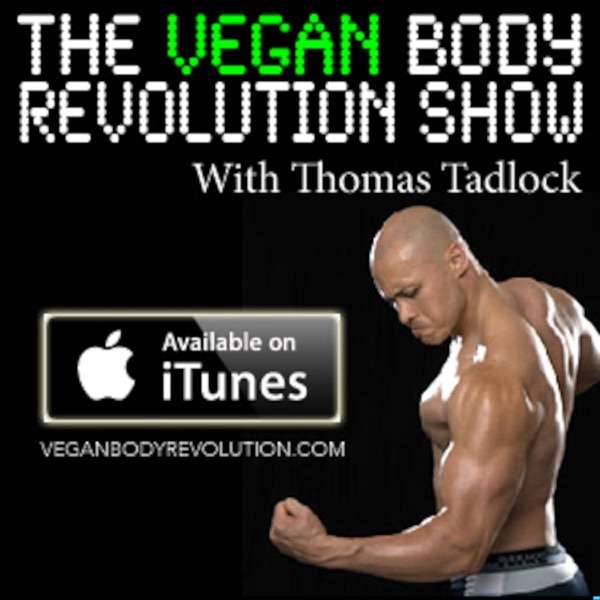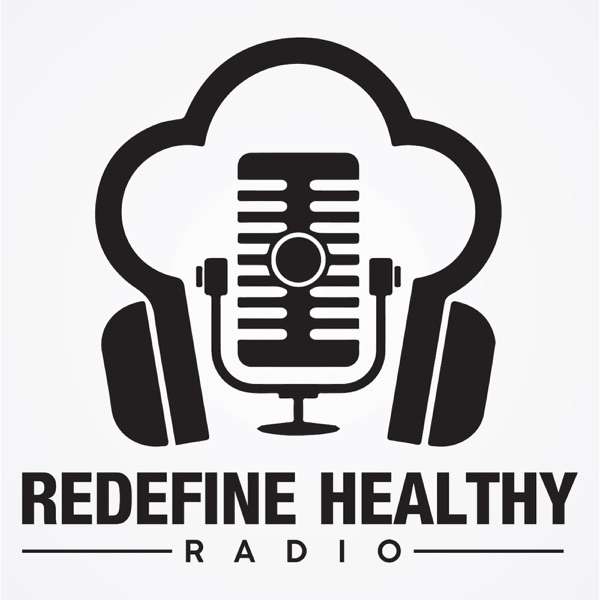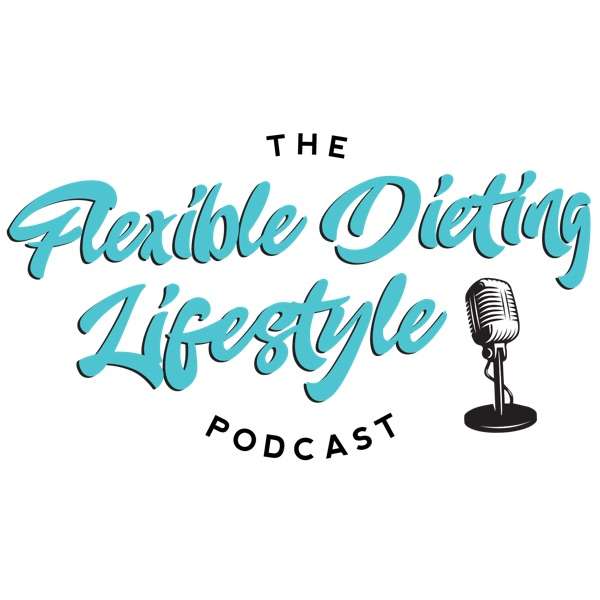This is the third and final of a multi-part interview with Greg Nuckols of StrongerbyScience.com.Greg is one of my favorite people in the industry, exceptionally smart, a gifted writer, and happens to be one of the strongest people in the world.Greg answers reader questions and we cover three key things:- Squats: How do your muscles distribute the load when squatting?- Why Greg is not a fan of the term “progressive overload”.- Muscle Gain: Pushing yourself and why we stop growing.Greg on load distribution when Squatting. - How do bi-articular muscles distribute the load over the entire lower body when squatting? If this section goes a little over your head, get in-depth squatting guides and information on StrongerbyScience.com [1:15]Greg on hamstring emphasis. - How much can we emphasize the hamstrings when sitting back when squatting? Greg digs into the research on forward knee travel and muscle activation. Ultimately, there tends to be a lot of similar muscle activation, even when squats look very different. Greg was initially skeptical of this research, based on his personal experience with front squats. [9:15]Progressive Overload. - How should we think of progressive overload and accumulation of volume when you are not a newbie anymore? Greg is not a fan of the term, “progressive overload.” Training stimulus relative to their capacity is key. [15:45]Not pushing yourself in the gym. - Greg thinks the majority of people train like a bitch. There is a big difference between people working directly with a coach versus given a training program. There are genetic limits, but how hard you train determines how far you can progress. [23:00]Is it fine to add upper body accessory work on a lower body day? - Greg says, yes. You will likely want to hit more of your upper body on different planes. [29:15]What are the behaviors of people who have gained a lot of strength? - They tend to have extreme personalities. They tend to have obsessions with sleep. [32:15]Can unilateral exercises be helpful in bringing up maximal strength in the big lifts? - Greg doesn’t think they build much strength directly, but it helps avoid injuries or hypotrophy. [33:45]Is it optimal to put competition lifts and secondary lifts on different days? - In a perfect world, split them up. However, generally, it is better to put them into one session (based on recovery). [36:15]My squat has plateaued, I’m trying to avoid leg hypertrophy, what should I do? - If your squat is not going up and you do not want to get bigger, you have simply plateaued. [37:15]Should strength go up during a mesocycle? - Greg thinks your strength should improve or stay flat, most of the time. However, if you are seeing a bigger drop, you are likely over-reaching. [38:15]How would you set up a power-building plan? - Powerlifting and power-building are pretty much the same. Power-building is just smart powerlifting training. [39:45]Does the body adapt to cardio and burn fewer calories over time? - Yes, your body does become more efficient, to a degree. There are relatively larger differences between individuals, but the difference within an individual is small. Unless you are a competitive endurance athlete, the differences will likely not be noticeable. [41:15]Is it possible to strategically drop training volume in order to resensitize for muscle growth? - Greg thinks there is something to varying the stimulus itself. However, that’s essentially why you use a periodization program. [43:45]Why do we stop growing(muscle)? There is no strong data to show why. Greg doesn’t know why people stop growing. [47:15]Show Links: Strongerbyscience.com - Greg’s website:http://strongerbyscience.com/Gregnuckols.com - Greg’s blog:http://gregnuckols.com/MASS - Greg’s research Review:www.strongerbyscience.com/mass/Podcast Interview #3 - Greg Nuckols on Lifting Heavy Things, Business Ethics, Beer and Music:https://rippedbody.com/podcast-greg-nuckols/

 Our TOPPODCAST Picks
Our TOPPODCAST Picks  Stay Connected
Stay Connected







